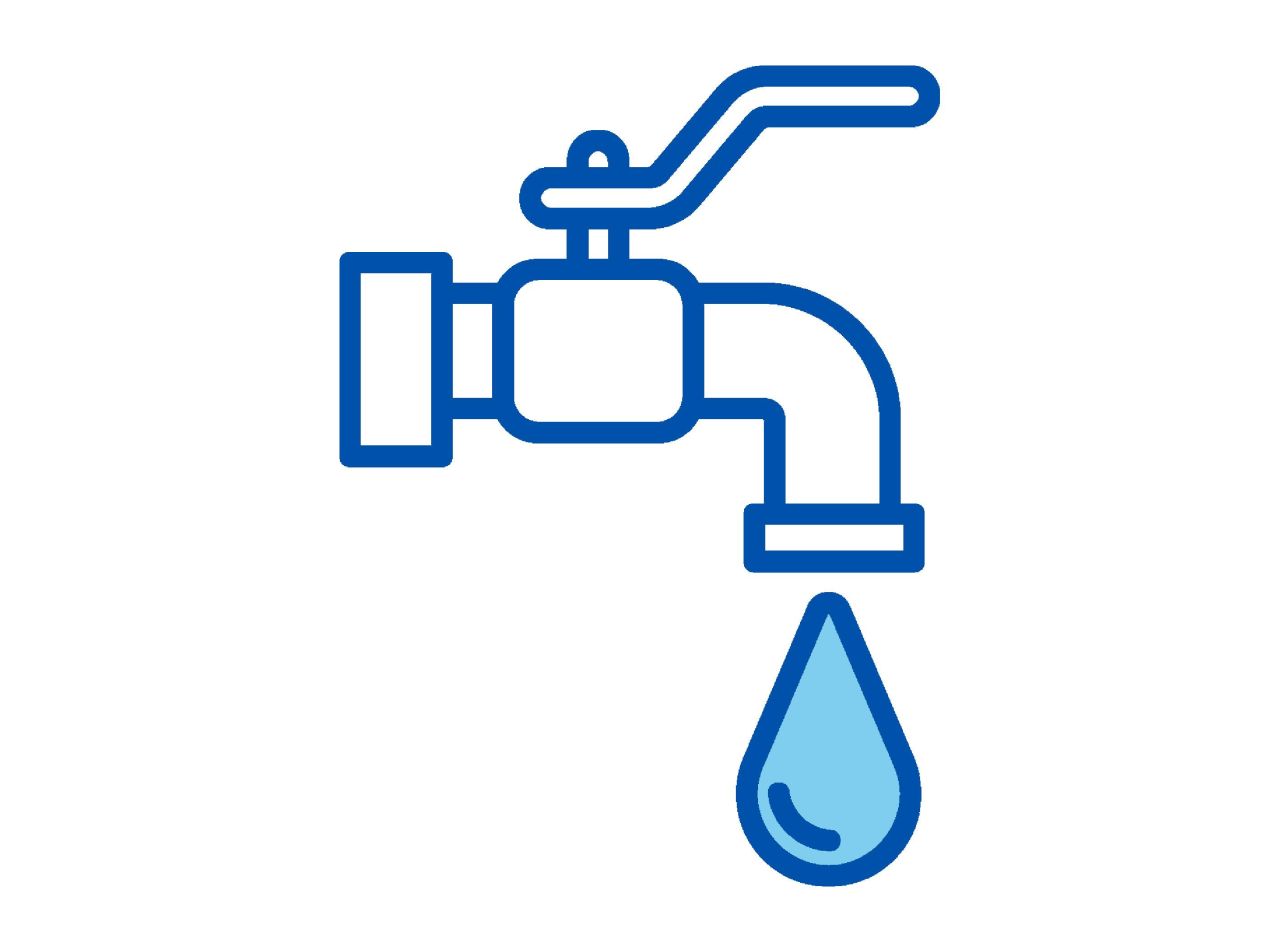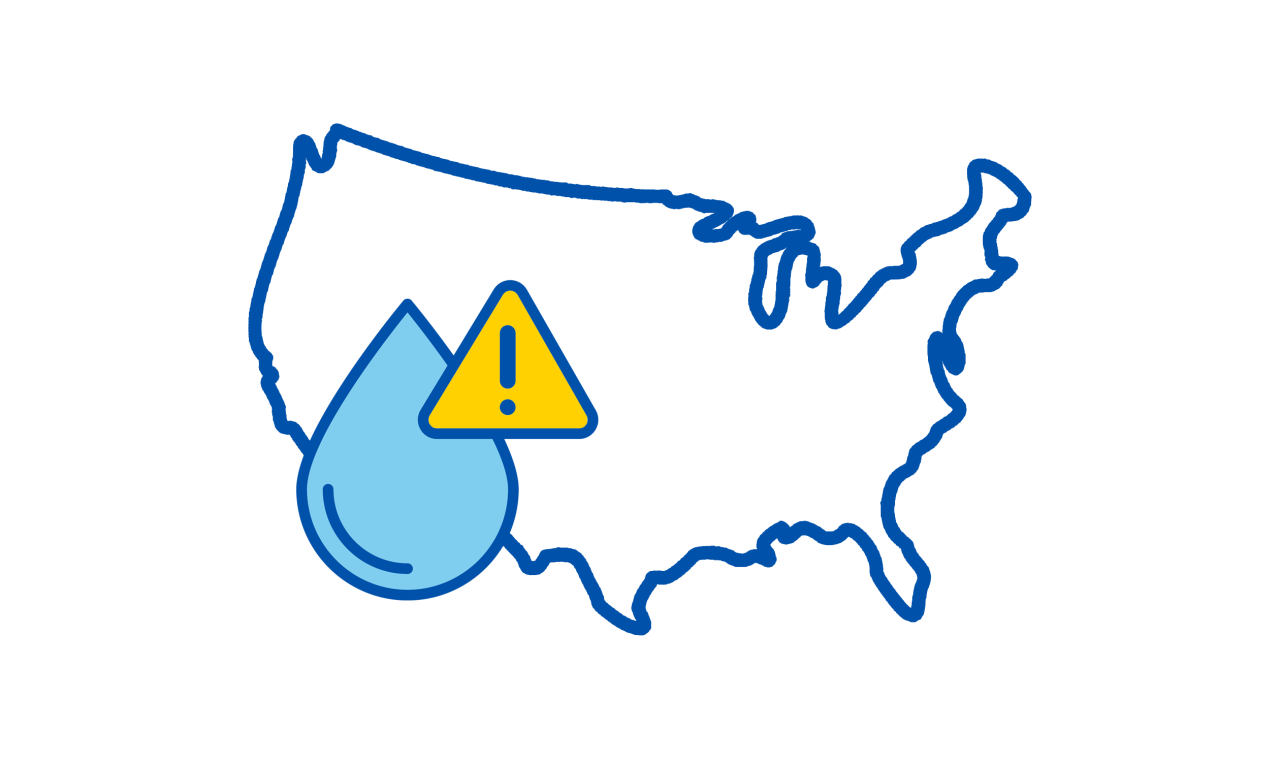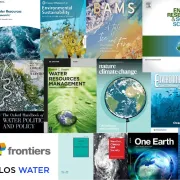
Social-Environmental Dimensions of Critical Infrastructure
We examine how essential systems—like drinking water—are managed and study how water system regulators make decisions, how transparent they are about costs and rates, how they adapt in response to challenges, and what makes some communities more resilient than others.
- On this Page
- Drinking Water & Rates
- Governance & Change
Drinking Water, Water Rates and Transparency in Rate Setting
We focus on understanding how water systems navigate and manage risk, and build resilience (or not), and transparency in water rate setting and the characteristics of communities with more/less resilient/transparent drinking water systems.

Curious About These Issues? So Are We.
-
How do water system controllers make decisions about essentials like drinking water?
-
What determines water cost and rates and how transparent is this information to the affected public?
-
How do water systems respond to challenges and why are some communities more resilient than others?
Research Spotlight

Understanding the Cost of Basic Drinking Water Services in the U.S.: A national assessment.
Our national assessment provides new insight into how and why the cost of water services varies in the U.S., helping illuminate important areas for future research and priorities for policymakers.
Hughes S, Kirchhoff CJ, Lee M, Switzer D. 2025. Understanding the Cost of Basic Drinking Water Services in the U.S.: A national assessment. AWWA Water Science, 7:e70014. Doi: 10.1002/aws2.70014
Challenges of managing harmful algal blooms in U.S. drinking water systems.
As climate change and farming put more pressure on water resources, recycled water could help—especially in greenhouse irrigation. Although treated recycled water is proven safe, many growers are still hesitant to use it. This study looks at how growers understand recycled water, finding that they define it in four different ways: captured water, treated water, reused water, and water that’s recirculated. These views shape how they think about its use, but a grower’s past experience with recycled water has a bigger impact on whether they’re willing to use it.
McOmber C, Zhuang Y, Raudales RE, Vadas TM, Kirchhoff CJ. What is recycled water, anyway? Investigating greenhouse grower definitions, perceptions, and willingness to use recycled water. Renewable Agriculture and Food Systems. 2021;36(5):491-500. doi:10.1017/S1742170521000090
Keep Reading—There’s More to Discover
-
A New Database for Municipal Drinking Water Systems.
Governance, Organizational Learning, and Change
[description needed]

Curious About These Issues? So Are We.
-
What does history tell us about governmental responses to challenges?
-
How can we use historical data to predict the failure or success of responses intended to transform?
-
What ingredients are important to create transformative change and resilient infrastructure?
Research Spotlight
Transforming takes a village plus a willingness to break down barriers and learn: An event history study of transformation and resilience in critical infrastructure
This study looks at how Rhode Island’s public wastewater systems have been working to adapt to climate change since 2010. Researchers interviewed utility and city staff to understand what changes were made over time and what helped—or held back—bigger, long-term improvements. They found that real transformation happens when organizations value learning and change, have strong support (like stable funding and forward-thinking partners), and get buy-in from all levels of government. Interestingly, just experiencing a climate-related disruption didn’t lead to major changes—what mattered more was the culture and support behind the decisions.
Bizer M, Kirchhoff CJ, Segal JL, Patenaude, WL. 2025. Transforming takes a village plus a willingness to break down barriers and learn: an event history of transformation and resilience in critical infrastructure. Journal of Environmental Management, 380. https://doi.org/10.1016/j.jenvman.2025.124980
Keep Reading—There’s More to Discover
- State ‘Pandemic Pods’: US regional coalitions and their responses to the COVID-19 pandemic. In: Risk, Hazards & Crisis in Public Policy
- Stalled: using event history methods to understand when efforts to build resilience and transform critical infrastructure succeed or fail. In: Global Environmental Change.



